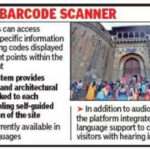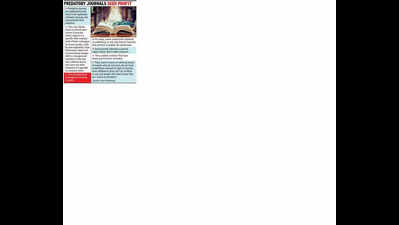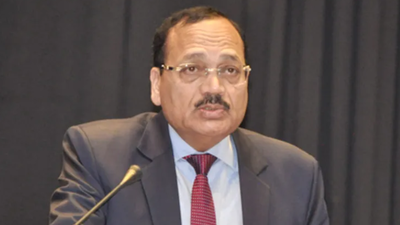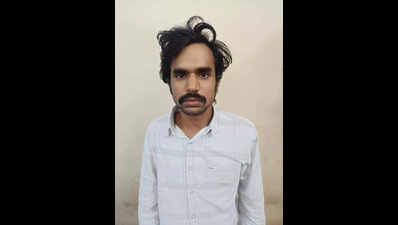Mumbai: The world of medical research is battling its own version of cyber frauds: predatory or ‘pseudo’ journals, deceptive publications that claim to be scholarly but rarely follow ethical publishing practices and seek hefty payment from authors.On Friday, Dr Himmatrao Bawaskar (75), a Mahad-based physician who won a Padma Shri in 2022 and is known for his rural Maharashtra medical practice and research, wrote in ‘The Lancet’ about his two-year struggle with a predatory journal that swiftly published his work, then started demanding 1,000 pounds and issued threats when he objected. “I received threatening emails stating they would take serious action and damage my reputation in India,” he said. Mahad-based Dr Himmatrao Bawaskar, whose pioneering work in anti-venom for scorpions and snakes has been published in numerous peer-reviewed medical journals, was so “devastated” by his struggle with a predatory journal that he developed “anxiety, insomnia and palpitation”. Within six months, the 75-year-old doctor lost 8 kgs and needed psychiatric help.In recent months, various medical associations across the world have voiced concern about the growing number of predatory journals. The International Committee of Medical Journal Editors in Feb estimated there are over 15,000 such journals. While medical research paves the way for new treatments, these journals are undermining its credibility.Dr Bawaskar’s ordeal began when he submitted his self-funded diabetes research to high-impact journals. After many rejections, a case report journal approached him. “In my submission to this journal, I stated I work without funding and would not be able to pay fees,” he said. Yet the journal sent him a proof in a couple of days. “I was shocked—how could the peer review and publication process be completed so quickly? I again appealed, stating my inability to pay. The journal ignored my requests and proceeded to publish the article, then sent me an invoice with exorbitant fee,” he added.The journal then sent threats and said they were giving him “a 40% discount.” “But during a call with my son who is a cardiologist in the US, my wife mentioned my stress to him,” said the doctor. His son identified the predatory nature of the journal and blocked their communications.While the doctor hasn’t paid the journal, this experience has prompted him to work out a checklist. He said, “Since this episode, I have not attempted to publish again. Instead, I find fulfilment in seeing my patients recover and walk again—living testaments to my diagnosis and management; these are my true publications.”











